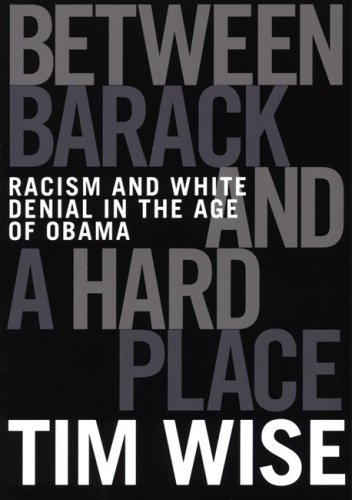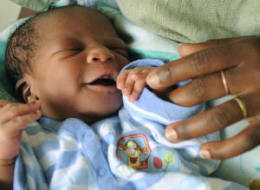The Pulitzer Prize winner To Kill a Mockingbird is a timeless classic written by Harper Lee. The story takes place in the small southern town of Maycomb County, Alabama in the midst of The Great Depression. The narrator of this riveting story is a young girl named Jean Louise Finch, or Scout. Scout is not the typical delicate, shy, and ladylike child that society expects her to be. She is an outspoken, rambunctious and free spirited tomboy who wears overalls, plays in the outdoors alongside her older brother Jem, and is far more intelligent than most in her age group. She and her brother Jem are the children of Maycomb County defense lawyer Atticus Finch. Atticus can be considered an untraditional man in several respects. For starters he is a single father raising two children. He also encourages and stresses the importance of an education and egalitarian beliefs to Scout and Jem during a time when it was very unpopular to do so.
Throughout the text, Scout walks us through her childhood adventures in this conservative southern Alabama town alongside Jem and occasionally their best friend Dill. At first life seems simple. But when their father Atticus takes on the case of his life, they all begin to realize the severity of racial turmoil that defined American society during this time period.
In the story, Atticus takes on the case of a Negro man named Tom Robinson. Tom is a young family man whose only crime is that he is African American. He stands accused of raping the eldest daughter of Mr. Ewells, an impoverished social misfit in Maycomb County. The Ewells are an unpopular family who live on the outskirts of Maycomb in the midst of the town's dump. They are known by everyone in the county for being aggressive, dishonest, uncivilized, unclean, and uneducated. Despite these facts they hold a great advantage over the most civilized and honest African Americans: they are white.
Scout and Jem encounter dirty stares and insults by many of their fellow townsfolk because their father is defending a Negro. Through example however, Atticus teaches his children that the color of your skin does not define what kind of person you are. Everyone should be treated with kindness and respect. Scout and Jem manage to hold their heads high and support their father's cause. Despite the best efforts of Atticus however, Tom is convicted of raping Mr. Ewells' daughter and is sentenced to death. Scout and Jem learn the grim reality that justice for all does not exist in the ignorant and racist American culture.
To Kill a Mockingbird is a wonderful text to read when learning about stereotypes, prejudice, and discrimination. Readers can get examples of all three of these elements throughout the entire story not just in the context of black versus white, but also society versus women, and poor whites versus everyone else. Some of the social psychological underpinnings of this novel deal with constructs such as categorization, Social Identity Theory, depersonalization and dehumanization, out-group homogeneity, social motives such as self-enhancement and control, and the list goes on.
Harper Lee's novel To Kill a Mockingbird is a wonderful representation of the struggles experienced by generations of minorities as well as females throughout American history. From a social scientific standpoint, the novel gives social psychological novices a well rounded summary of stereotypes, prejudice, and discrimination along with solutions to such issues.
 There are many opportunities in this article to ask the question 'why?'. These are questions I have been asking myself for quite some time, and luckily I have chosen the right field of study to get such questions at least partially answered.
There are many opportunities in this article to ask the question 'why?'. These are questions I have been asking myself for quite some time, and luckily I have chosen the right field of study to get such questions at least partially answered. 


Recent Comments